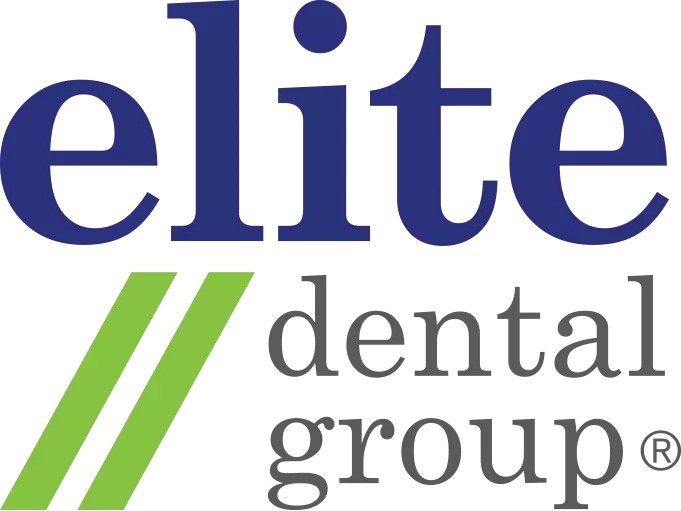
The movement disorder characterised by clenching and grinding of teeth is called bruxism. Awake bruxism is found to be more prevalent in females than males. Sleep bruxism on the other hand shows no gender prevalence.
Tooth grinding is particularly important to dentists since it can cause tooth damage, dental restoration breakage, and induction of both temporomandibular disorders and temporal headaches.
Fortunately, nowadays, there are several bruxism treatment options available for patients who are suffering from the condition. When your dentist discovers some symptoms of bruxism, it is likely that your teeth and mouth will be checked routinely to check if the condition is progressive and to determine if a bruxism treatment is needed.
Common Symptoms
While mild bruxism might not need treatment, in severe cases it can lead to headaches, jaw disorders, teeth damage, and other complications. Unfortunately, some people may not become aware they have bruxism until complications manifest.
That being said, it is important that you know what the most prevalent signs and symptoms of the condition are so you can seek treatment the soonest possible time.
Some of the most common signs and symptoms of bruxism include:
- Teeth clenching or grinding (sometimes may be loud enough to wake other people up)
- Fractured, chipped, loose, or flattened teeth
- Worn out enamel
- Increased tooth sensitivity and pain
- Tight, tired, or locked jaw
- Face, neck, and jaw soreness and pain
- Pain that mimics an earache (even if you have no problem with your ear)
- Dull headache that originates in the temples
- Damage on the inside of the cheek from chewing
- Sleep disruption
When to See Your Doctor
Schedule a visit with your doctor or dentist if you notice any of the bruxism signs and symptoms listed above or if you have any concerns about your jaw or teeth.
In the same manner, if you notice that your child grinds her/his teeth or exhibits some of the signs and symptoms listed above, be sure to inform the dentist in your next appointment.
Risk Factors
The following factors can increase one’s risk of developing bruxism:
- Age. While common in young children, mild bruxism often goes away by adulthood.
- Stress. Increased stress or anxiety has been known to cause teeth grinding. So can frustration and anger.
- Medications and other substances. In some cases, bruxism can be an uncommon side effect of certain medications like antidepressants. Drinking alcohol, caffeinated beverages, and using recreational drugs may also increase one’s risk of developing bruxism.
- Other disorders. Bruxism is also linked to some medical and mental health disorders like dementia, Parkinson’s disease, epilepsy, gastroesophageal reflux disorder (GERD), attention-deficit/hyperactivity disorder (ADHD), and sleep-related disorders like sleep apnea.
Possible Complications
In mild cases, bruxism is not likely to cause any serious complications. However, in people with severe bruxism, the following complications may arise:
- Possible damage to jaw, crowns, restorations, or teeth
- Tension-type headaches
- Severe jaw or facial pain
- Disorders that can occur in the TMJs or temporomandibular joints (situated in front of the ears and may mimic a clicking sound when you close and open your mouth)

 Elite Dental Group
Elite Dental Group